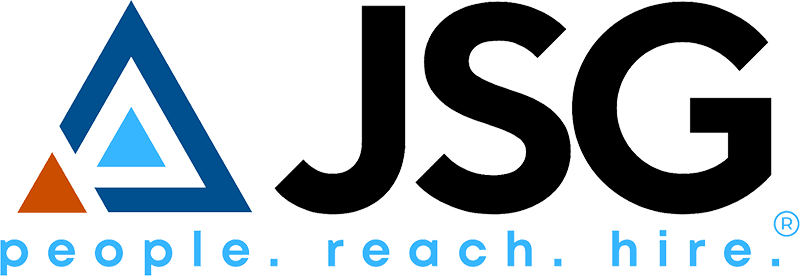
Z is for Zero: How to Ensure Zero Errors on Your Resume
You find your dream job online and you’re chomping at the bits to apply. You grab your computer and find your latest copy of your

X is Experience: How to Effectively Add Experience to Your Resume
If you haven’t been on the job market in a couple of years and you’re thinking of moving on and looking for a new position,

W is for Work-Life Balance: How to Maintain A Life Away From the Office
It’s difficult to manage the responsibilities that come with being an adult. Especially if you have a family. Devoting time to your job is important,

U is for Unemployment: How to Make the Most of Your Unemployment
Raise your hand if you have ever gone through a period of unemployment. I was unemployed for a few months back in 2016, and let

U is for Unemployment: How to Make the Most of Your Unemployment
Raise your hand if you have ever gone through a period of unemployment. I was unemployed for a few months back in 2016, and let

T is for Termination: Why Were You Fired Job Interview Question
The only thing worse than being fired from a job is being asked about it in a job interview. How do you answer such a



